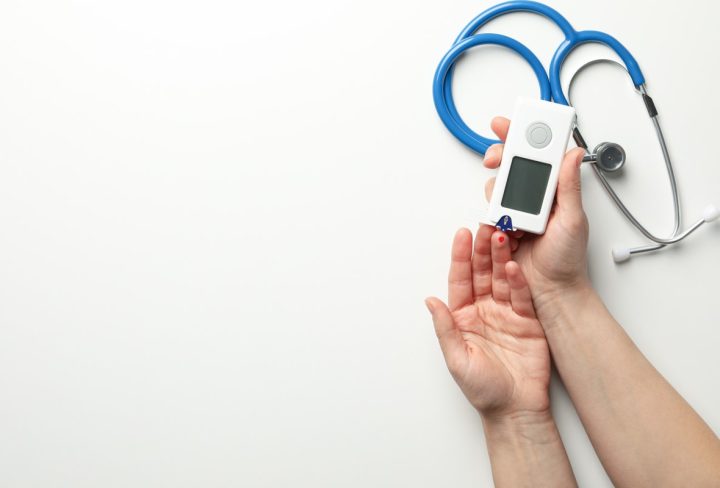Prediabetes: A Closer Look at the Precursor to Diabetes
Prediabetes is a term that’s becoming increasingly common in discussions about health and wellness. It’s a condition where blood sugar levels are higher than normal but not high enough to be classified as diabetes. While prediabetes might not immediately raise alarm bells, it’s a critical juncture that warrants attention and lifestyle adjustments. Let’s delve into what prediabetes is, its implications, and how to manage it.
What is Prediabetes?
Prediabetes occurs when your blood sugar levels are elevated, but not high enough to be classified as type 2 diabetes. It’s a warning sign that your body is struggling to regulate blood sugar effectively. Individuals with prediabetes are at a higher risk of developing type 2 diabetes, heart disease, and stroke.
Implications of Prediabetes
- Progression to Type 2 Diabetes: Without intervention, many individuals with prediabetes will eventually develop type 2 diabetes. This can lead to a host of health complications, including nerve damage, kidney problems, and vision impairment.
- Cardiovascular Risks: Prediabetes increases the risk of heart disease and stroke. Elevated blood sugar levels can damage blood vessels and contribute to plaque buildup.
- Lifestyle Matters: The good news is that prediabetes is reversible. Lifestyle changes play a crucial role in preventing or delaying its progression to diabetes. Eating a balanced diet, maintaining a healthy weight, and engaging in regular physical activity are key strategies.
Managing Prediabetes
- Diet: Focus on a diet rich in whole grains, lean proteins, vegetables, and fruits. Limit processed foods, sugary drinks, and high-fat items.
- Physical Activity: Aim for at least 150 minutes of moderate-intensity aerobic activity per week. This can include brisk walking, cycling, or swimming.
- Weight Management: Losing even a small amount of weight (around 5-10% of your body weight) can significantly reduce your risk of progressing to diabetes.
- Regular Check-ups: Get regular check-ups and blood tests to monitor your blood sugar levels and overall health.
Prediabetes is a serious condition that requires attention and proactive steps to prevent its progression. By making positive lifestyle changes, you can significantly lower your risk of developing type 2 diabetes and its associated complications.
SEO Keywords: Prediabetes, prediabetes implications, blood sugar management, preventing diabetes, prediabetes lifestyle changes.

